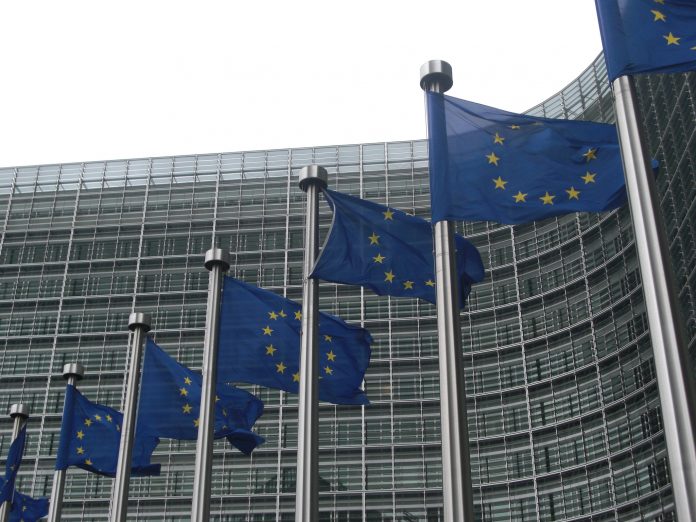Budgetary Control committee calls to reinforce the transnational nature of the fight against fraud and the harmonisation of criminal laws of Member States to combat organised crime.
In a report adopted on Tuesday by 29 votes to 1 and no abstentions, MEPs regret that efforts to combat EU funds fraud are “not prioritised to the same extent as fraud involving national expenditure”. They regret the low recovery rate of funds lost due to the organized crime, with as much as 98% of estimated criminal proceeds remaining at the disposal of criminals. They call on the Member States to increase the confiscation rate and ask the Commission to address the currently fragmented approach by creating an EU body in charge of recovery of EU funds.
“New opportunities” for crime due to COVID-19
Budgetary control committee is worried about the risk of fraud arising from the increase in EU spending with the Next Generation EU funds and request for that to be met with adequate increase in resources to fight corruption, fraud and organized crime. In particular, they urge the Council to approve the requested extra staff for the European Court of Auditors, OLAF and EPPO. They also point to the crimes related to COVID-19 pandemic, such as fake offers of vaccines, medical equipment and personal protective equipment, as well as the growing illicit sales of false COVID-19 Digital Certificates in several Member States.
Cryptocurrency must be subject to anti-money laundering rules
By welcoming Commission’s proposals on crypto-assets, currently widely exploited by organised crime, they call on the EU countries to fully apply the anti-money laundering legislation to transactions of converting cryptocurrencies to real currency, and stress that cryptocurrencies must be subject to the same supervisory body as traditional currencies. They ask to provide resources for the new EU agency being created to fight money laundering (Anti-Money Laundering Authority (AMLA) but regret that it will only be operational in 2026 and therefore ask the Commission for measures to address the issues already before the AMLA becomes fully operational.
“One of the most important objectives of current European criminal policy is to combat fraud affecting the European Union’s financial interests. According to the Europol 2021 report, organized crime is constantly evolving and adapting to new conditions. During the COVID-19 pandemic, there was an increase in organized crime, mainly in connection with the production of counterfeit or non-existent medicines or counterfeit protective equipment. EU governments have thus detected attempts to sell more than 1.1 billion vaccine doses at a total cost of over € 15.4 billion”, said the rapporteur Tomas Zdechovsky (EPP,CZ). MEPs concerns and recommendations include, amongst others:
– Transnational VAT fraud: criminal groups generating multi-billion-euro profits from VAT fraud, in particular in the e-commerce, customs and fuel sectors. To address that, committee asks to address the systemic weaknesses of the EU system and increase of the exchange of information between Member States.
– CAP fraud and land-grabbing is “incentivised” by the current structure of CAP subsidies, they say and reiterate the call to establish a centralised interoperable database of direct and final beneficiaries of EU subsidies, in order to identify fraudsters and prevent them from misusing EU funds. They ask the Commission for greater scrutiny of the relevant agencies, in particular funds granted per head of cattle.
– Renewable energy: they say that organised crime, in particular Mafia-style crime, has already, in the past, geared its business to renewable energy and warns that criminal organisations can easily intercept funds earmarked for the ecological transition in Next Generation EU funds.
The report will be put to vote by the full Parliament in the plenary session of 13-16 December (tbc).
According to recent studies, organised crime affects between 2.7 % and 3.6 % of the total spending of EU public procurement which translates in EUR 1.9 billion to EUR 2.6 billion loss of EU Cohesion Funds to organised crime regrets in 2014-2020 period. MEPs also quote estimated GDP loss in the EU member states of up to 990 billion due to corruption, resulting in loss to the EU budget of more than EUR 5 billion per year.

